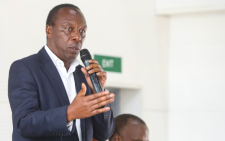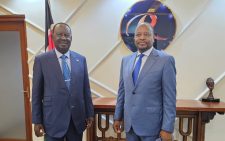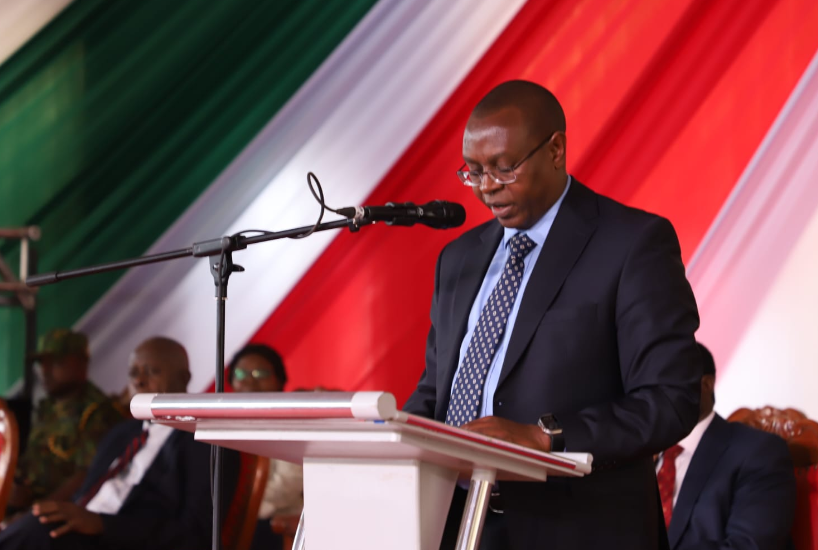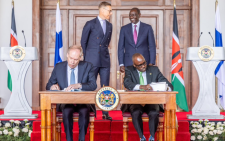Museveni’s blunt take on aid echoes views of others
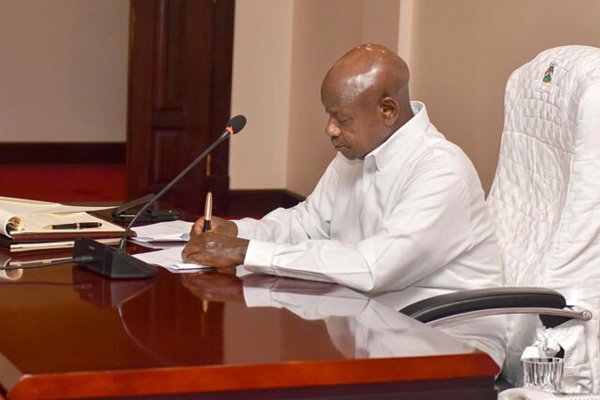
President Yoweri Museveni’s blunt assessment of foreign aid at the World Bank’s African Heads of State summit in Nairobi last week can be seen as the prevailing sentiment among East African leaders regarding the systemic flaws in the international financial system.
Saying that aid to Africa is for profiteering and not to directly help Africans, Museveni captured the frustrations of many African nations grappling with the perpetuation of dependency rather than fostering genuine socioeconomic transformation.
The Ugandan president’s sentiments echo a growing chorus among African leaders, notably in the wake of Kenyan President Ruto’s impassioned plea for a re-evaluation of international lending practices, calling for a level playground for all.
The narrative put forth suggests that aid from Western institutions, ostensibly intended for development, often prioritizes profit-seeking over addressing the fundamental needs of recipient countries.
While Museveni’s assertion arrives perhaps belatedly, it is rooted in reality. Aid frequently comes with strings attached, mandating economic reforms and privatization initiatives that align with the preferences of donors rather than the developmental aspirations of African nations.
Moreover, the conditions accompanying aid packages often favour policies promoting liberalization and privatization, facilitating the exploitation of African markets and resources by multinational corporations.
This perpetuates a cycle of dependency, hindering the organic development of self-sustaining economies in many African nations. Instead of fostering long-term solutions that empower local communities and enhance capacity, aid resources are often directed towards short-term projects or emergency relief efforts, further entrenching reliance on external assistance.
By fostering an environment conducive to local production through accessible financing mechanisms, the World Bank can play a pivotal role in unlocking the latent potential of African economies and promoting genuine socioeconomic transformation.
The truth is that access to affordable credit is indispensable for fostering entrepreneurship, stimulating investment, and fuelling innovation. However, the current lending practices of the World Bank and other international financial institutions often pose significant barriers for African entrepreneurs and businesses.
High interest rates, stringent eligibility criteria, and cumbersome application processes frequently dissuade aspiring entrepreneurs from accessing the capital necessary to realize their ambitions.
By recalibrating its lending practices to offer more favourable terms to African nations, the World Bank can facilitate the emergence of a vibrant entrepreneurial ecosystem conducive to local production.
This entails not only reducing interest rates but also streamlining loan application procedures and enhancing technical assistance programmes to support capacity building and business development initiatives.
Moreover, facilitating access to cheaper loans can catalyze the development of key sectors. By prioritizing strategic investment areas, the World Bank can empower African nations to harness their comparative advantages and capitalize on untapped opportunities for economic diversification and value addition.
By leveraging public-private partnerships and tapping into private sector capital, the World Bank can amplify the impact of its interventions and unlock new sources of funding for transformative development projects.
However, while Museveni’s call for genuine socio-economic transformation is valid, what he did not say is that aid funds have been misused or misappropriated by corrupt governments or elites in government.
Central to his argument is the recognition that Africa’s developmental aspirations cannot be tethered to conventional paradigms dictated by Western agendas. What is required is a paradigm shift that prioritizes indigenous growth drivers and emancipates African nations from the shackles of external dependency.
This necessitates a departure from the myopic fixation on sustainable development as the panacea for Africa’s development woes and a reevaluation of the growth frameworks propagated by global institutions.
Fundamental to Museveni’s argument is the recognition that Africa’s developmental journey requires a proper understanding of its unique socioeconomic landscape.
— The writer is People Daily’s Business Editor.

